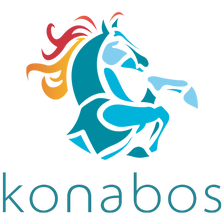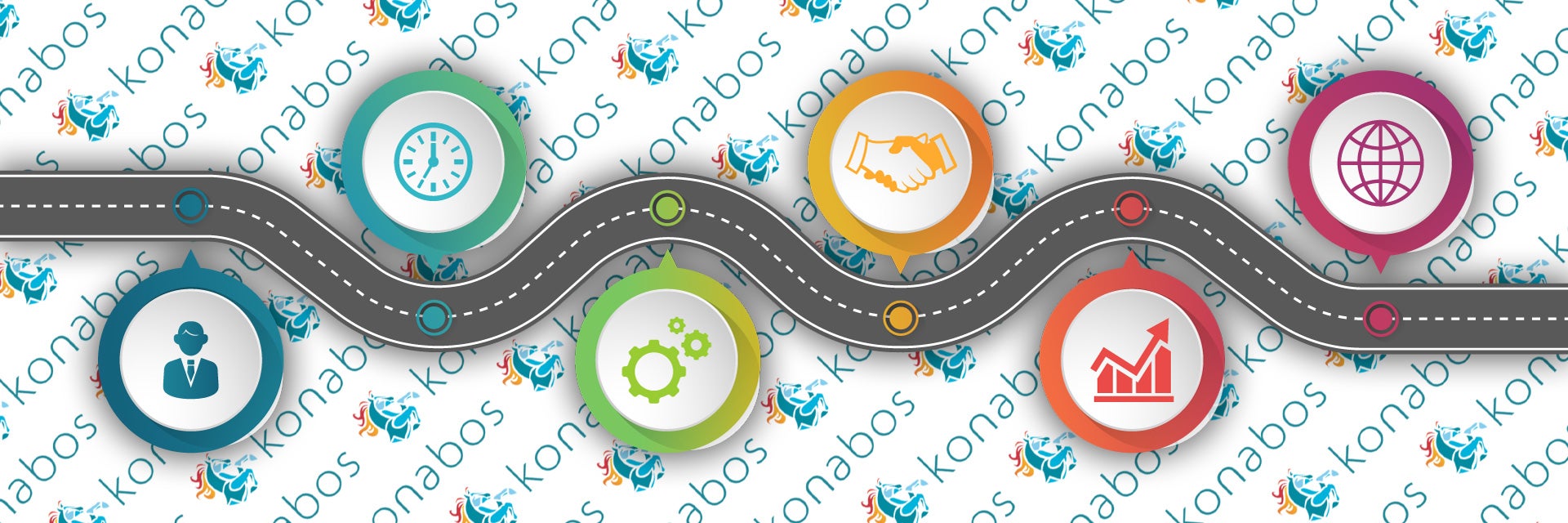How digital marketing is paving the way forward for many industries
Ken Gray - Senior Digital Experience Strategist
30 Mar 2023
Digital marketing is paving the way forward for many industries by providing more targeted, cost-effective, and measurable marketing strategies. With the rise of digital channels, businesses can reach a wider audience and track the effectiveness of their marketing efforts in real-time, allowing them to adjust their campaigns quickly and effectively. Additionally, digital marketing provides businesses with valuable data insights that can help them better understand their customers and make data-driven decisions to create better digital experiences for their customers. As a result, many industries are shifting their focus to digital marketing to stay competitive and adapt to the changing marketing landscape.
Digital experiences are crucial for businesses today because it directly impacts customer satisfaction, loyalty, and retention. A positive digital experience can increase sales, engagement, and brand reputation. At the same time, a negative digital experience can lead to lost opportunities, low conversion rates, and a damaged brand image.
How Digital Marketing Helps Brand Engagement
Digital marketing helps audiences stay engaged with brands in a number of ways:
- Personalization: Digital marketing allows brands to tailor their messages and offers to specific audiences, based on their interests, behaviors, and demographics. This creates a more personalized experience for the audience, making them feel valued and engaged.
- Two-way communication: Digital marketing channels such as social media, chat windows, and email allow for two-way communication between brands and their audiences. This means that audiences can provide feedback, ask questions, and engage in conversations with brands, leading to increased engagement and loyalty.
- Interactive content: Digital marketing enables brands to create interactive content such as videos, 360-degree photos, AR/VR, quizzes, polls, “configure it” tools, and games that engage and entertain audiences. This type of content encourages audiences to spend more time with a brand, building a stronger connection and brand affinity.
Four Keys to Digital Marketing Success
- Channels: Digital marketing encompasses a range of channels, including social media, email, search engines, display advertising, and mobile apps.
- Metrics: Digital marketing campaigns are highly measurable, with metrics such as clicks, impressions, conversions, and engagement rates providing insights into the effectiveness of campaigns.
- Strategy: Digital marketing requires a strategic approach, with businesses needing to identify their target audience, set objectives, and develop a plan to achieve their goals.
- Trends: Digital marketing is constantly evolving, with new trends and technologies emerging regularly. Keeping up with these trends is important to ensure that businesses stay competitive and maximize the benefits of digital marketing.
AI Trending Innovation Benefits Digital Marketing
Similar to how digital marketing has revolutionized the way businesses reach and engage with their target audience, artificial intelligence (AI), added to digital marketing, has accelerated this revolution. Artificial intelligence enables marketers to collect and analyze vast amounts of data and automate tasks that were previously time-consuming and complex. This combination of digital marketing and AI is paving the way forward for many industries, from retail to healthcare, and it's crucial that marketing agencies focus their staff and financial resources on this trend to stay competitive in today's market. Let's take a look at some of the industries that have seen significant changes and the areas that agencies should be investing in to stay ahead of the curve.
The Benefits of Combining Digital Marketing with AI
- Improved and Automated Personalization
One of the most significant benefits of combining digital marketing with AI is improved personalization. AI algorithms can analyze vast amounts of data, such as a customer's browsing and purchase history, social media interactions, and other online behaviors, to create personalized recommendations and offers. This level of personalization makes customers feel seen and understood, leading to higher engagement and conversions.
For example, Netflix uses AI algorithms to analyze a user's viewing history and make personalized recommendations for new content to watch. Amazon also uses AI to make personalized product recommendations based on a user's browsing and purchase history.
- Better Targeting
AI-powered digital marketing can also help businesses better target their marketing efforts. By analyzing data on customer demographics, behaviors, and preferences, AI algorithms can identify the audience segments that are most likely to be interested in a particular product or service. This allows businesses to tailor their marketing messages and ad campaigns to these specific groups, increasing the chances of conversion.
As an example, Facebook's ad platform uses AI to target specific audiences based on their interests, behaviors, and demographics. This level of targeting enables businesses to reach the people who are most likely to be interested in their products or services.
- Automation of Repetitive Tasks
Another significant benefit of combining digital marketing with AI is the automation of repetitive tasks. AI algorithms can automate tasks such as lead scoring, email marketing, and social media scheduling, freeing up marketers to focus on more strategic tasks that require human input.
Take a look at Salesforce's Einstein AI, which can automate lead scoring, an important metric that assesses the likelihood of a lead converting into a customer. This automation can save marketers significant time and resources while ensuring that leads are properly prioritized based on their potential value.
Industries that Have Seen Significant Changes Due to AI-powered Digital Marketing
- Retail
The retail industry has seen significant changes due to AI-powered digital marketing. Retailers can use AI to analyze customer data to create personalized recommendations and offers, which can increase sales and customer loyalty. AI-powered chatbots can also help retailers provide personalized customer service and support, improving the overall customer experience.
An example of this is fashion retailer ASOS, which uses AI to make personalized product recommendations based on a customer's browsing and purchase history. The company also uses AI-powered chatbots to provide 24/7 customer service and support.
- Healthcare
The healthcare industry has also seen significant changes due to AI-powered digital marketing. Healthcare providers can use AI to analyze patient data to create personalized treatment plans and improve patient outcomes. AI-powered chatbots can also help healthcare providers provide personalized patient support, such as answering questions about medication and treatment options.
For instance, Babylon Health uses AI-powered chatbots to provide personalized medical advice and support to patients. The chatbot can analyze a patient's symptoms and medical history to provide accurate and personalized advice.
- Finance
The finance industry has also seen significant changes due to AI-powered digital marketing. Financial institutions can use AI to analyze customer data to create personalized financial products and services, such as personalized investment advice and loan recommendations.
One example of a company in the finance industry that has seen significant changes due to AI-powered digital marketing is American Express.
How American Express use AI-powered Digital Marketing
American Express has used AI-powered digital marketing to improve customer engagement and increase sales. By leveraging machine learning algorithms, they have been able to personalize their marketing campaigns to better target individual customers with tailored offers and promotions.
American Express uses AI algorithms to analyze customer data and identify patterns and trends in their spending habits. This data is then used to create targeted offers and promotions that are specifically tailored to each customer's unique needs and preferences.
Additionally, American Express has used AI-powered chatbots to improve customer service and engagement. These chatbots use natural language processing (NLP) technology to understand and respond to customer inquiries in real-time, providing personalized recommendations and solutions.
In Summary
As with American Express's use of AI-powered digital marketing, many companies are improving customer engagement, increasing sales, and staying ahead of the competition in the highly competitive global economy across all industries. Organizations and governments are finding success and savings through digital marketing techniques powered by innovations like artificial intelligence and cloud-based, best-in-breed software solutions.
Let us know how you’re using digital marketing. If you’re stuck in the “digital marketing mud” let us help you out with a clear and innovative roadmap to help pave your way to continued growth and success.

Ken Gray
Ken is a two-time Sitecore Strategy MVP who has been working with the Sitecore platform since 2011. He has over 20 years of experience in business analysis, software development, content management systems, marketing, and digital strategy.
Ken’s passion for digital marketing and personalization along with his coaching and training abilities, aids Konabos in helping dozens of Content Authors and Sitecore Marketers improve their productivity and knowledge of Sitecore; thus maximizing each client’s return on investment.
In short, Ken makes the complex toolset of Sitecore, simple.



Share on social media